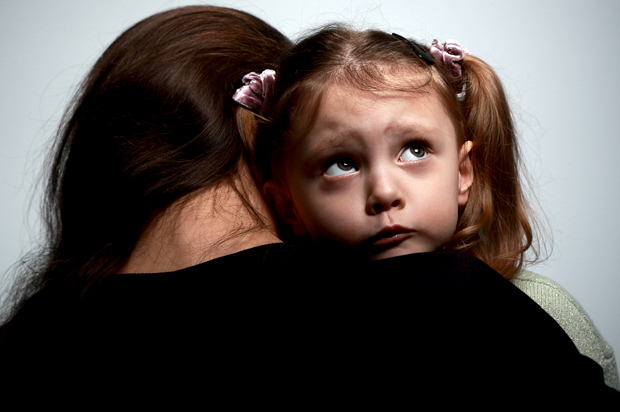 I could see the penalty shoot out, but only just. Five balls in the back of the net and you win a prize! My two sons were standing in line, waiting, kicking up the dirt together in anticipation. It was the older one I couldn’t bear to watch. Because if I looked closely, I knew what I would find: determination etched into his face like warpaint. Desperation too. I would remember the times in the past he had crumpled under the inability to meet his own towering standards.
I could see the penalty shoot out, but only just. Five balls in the back of the net and you win a prize! My two sons were standing in line, waiting, kicking up the dirt together in anticipation. It was the older one I couldn’t bear to watch. Because if I looked closely, I knew what I would find: determination etched into his face like warpaint. Desperation too. I would remember the times in the past he had crumpled under the inability to meet his own towering standards.
This child, my first child, has never taken failure lightly.
And fail he did. Not a single shot in. At seven and a half, he was able to hold it together long enough to find me and stuff his face into my armpit before starting to cry. We walked away from the field slowly, closely, which somehow made getting to the heart of the matter easier. “I’m rubbish at football!” he said, between sobs, a declaration but maybe in some small way a question. Could his mother, by the sheer power of her answer, her love, make him better at something than he really was?
“It was hard,” I conceded.
“Yeah, but Gabe scored twice.”
He and his friends are well past the age when they’re oblivious to how their strengths and weaknesses stack up against each other.
I wanted to add, “The goalie was big,” which he was, but that wasn’t the point.
So instead I encouraged him, “Keep practicing!” Yet the kid practices all the time. He’s out in the back garden after school kicking the ball around for hours, some nights I have to drag him inside flailing in protest. Effort is not the missing ingredient. Talent very well might be. “You’re not going to be good at everything,” I say, and he hiccups a little though he’s heard these words before. It’s a standard line in our house, something I tell my kids almost as often as I cheer them on.
The truth is I don’t know how good my son is at soccer. Other things he does are more quantifiable to me. I know, for instance, at what level he reads. I know that when he was younger he was spectacularly bad at drawing. I know that he can sing sweetly and in tune and that he can’t run very fast for his age. I don’t know how good he is at football, but I can make an educated guess. I’d say he’s average.
The dreaded “a” word. The ugly step-sister of that other “a” word, the one thrown around in playgroups and parks with a frequency that belies its meaning: advanced. Or if not advanced then at least above average. It feels like every other child I know is described as advanced or above average in some respect. Sure enough, a handful of them are. But the rest? The bell curve of life tells us they can’t be. The issue is not the standards to which the kids hold themselves. It’s the moms and the dads and the palpable lack of objectivity that seems to go hand in hand with parenting these days.
We start exaggerating about them when they are tiny — The cutest baby in the whole wide world — because it feels right that the pitch of our language match the ferocity of our adoration. Then they become toddlers and we see everywhere in their ordinary achievements signs of genius, because we are bewitched by the magic of milestones. Finally they go to school where teachers and testing and teams reveal perhaps they aren’t quite as off the charts as we imagined, but still we wax lyrical. This time because we are convinced it is the way to re-boost their self-esteem. It’s an American phenomenon, this party of praise, says Christine Gross-Loh in her cross-cultural study, “Parenting Without Borders.” It’s also a relatively recent one.
I wasn’t raised like that. If telling it like it is were an Olympic sport, my mom would medal in it. Her matter-of-factness didn’t always make me feel warm and gooey, but it did give me a realistic perspective on myself. It helped me to appreciate what I was actually good at. And it inspired me to work damn hard at what I wasn’t. I never felt like my mom supported me any less in her candor: she was my biggest advocate. What I felt, rather, is that she saw me more for who I was.
Which is what I hope to do for my own children: to see them clearly, to be honest with them about their deficits as well as their gifts. I can’t watch my kid miss five out of five penalty shots and think he did a “Great job!”. I won’t tell him he did, either. I don’t want him to expect success around every corner just because he turns it. What I want for him, for all my kids, is to learn how to find enjoyment in the things they love but don’t necessarily excel at. To grow as people by striving for what doesn’t come naturally.
And most of all what I want for them is self-awareness — and the true confidence that comes with it.

